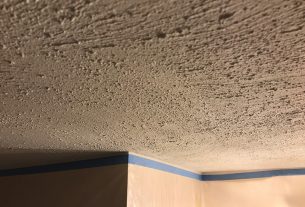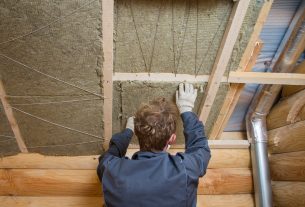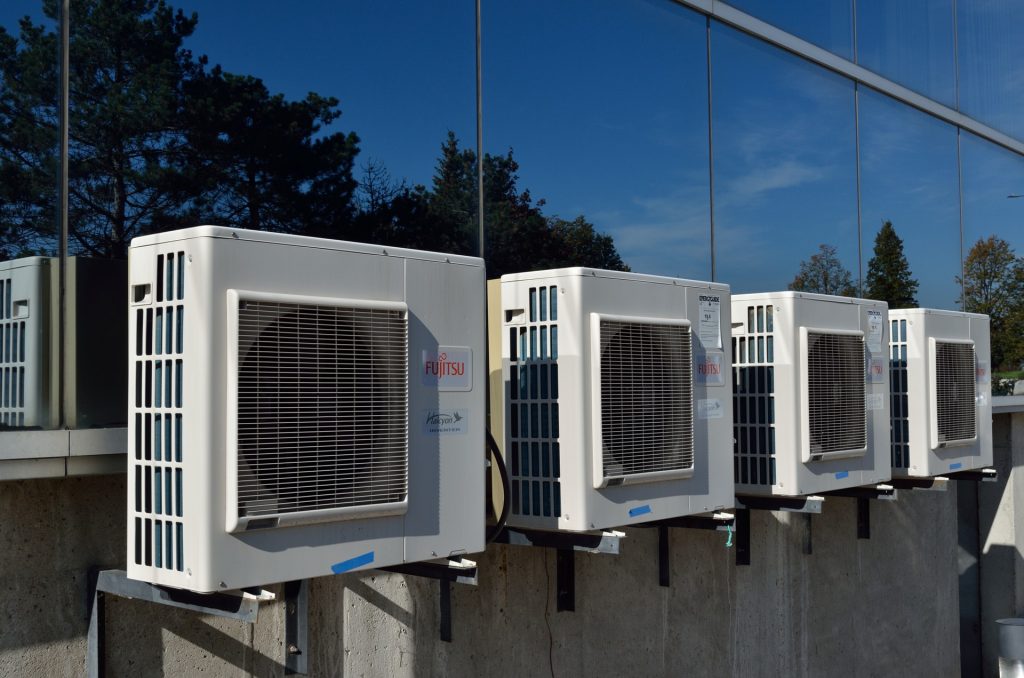
Since repairing air conditioners are quite expensive, the best advice we could give you is to follow the two guidelines below:
- Close all doors and windows before turning the air conditioner on
- Isolate the room that has an air conditioner away from the rest of the house.
It’s not to say that these are the only things that can damage your air conditioner, but at least it will help increase its lifespan. Air conditioners can also stop for reasons that are outside of your control, such as improper installation, poor service procedures, and inadequate maintenance:
a. Faulty Installation
If from the get-go the installation is not well done, your AC system will encounter several issues, thereby getting damaged more easily.
b. Inadequate Maintenance
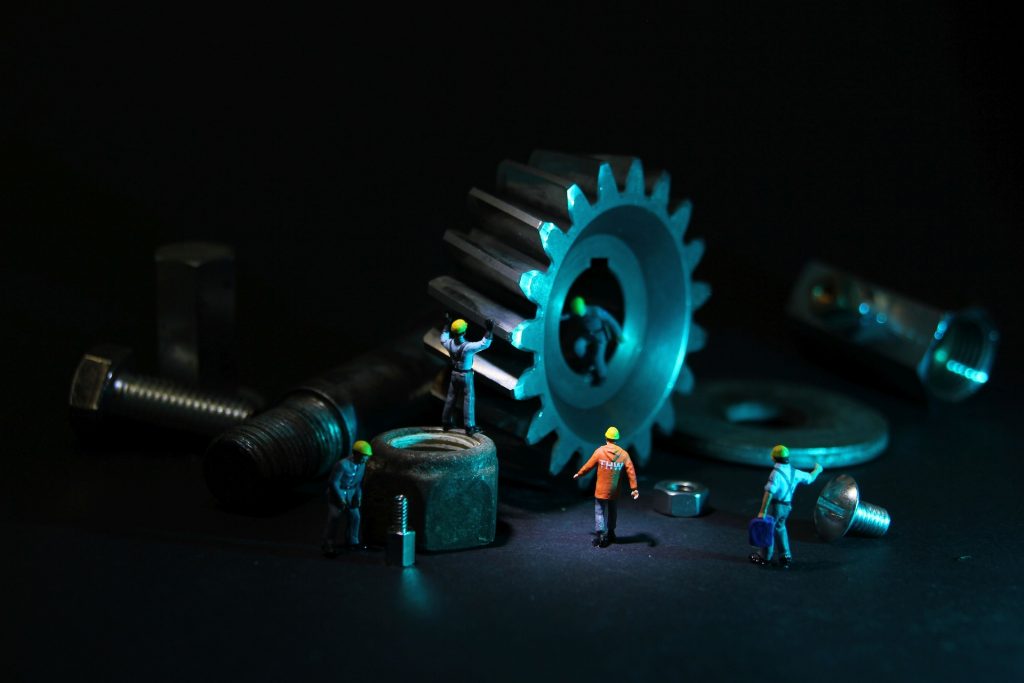
Owner maintenance and annual professional maintenance has to be done properly and regularly. Otherwise, you will end up with an air conditioning system that constantly requires repairs.
If the installation and maintenance are not conducted properly, the following parts are very likely to get damaged:
Refrigerant
An undercharged or improperly installed refrigerant will cause the ducts to leak and impede airflow.
If it’s leaking, the solution will not be as simple as just recharging it. You will need an HVAC contractor to find the leak and repair it before even adding refrigerant. Unless the refrigerant is charged exactly as the system requires, the air conditioner won’t perform at its utmost best. Its efficiency will, therefore, be impaired.
Compressor
If you hear the compressor running constantly but the temperature inside your house isn’t as cool as it should be, you might have a problem with your compressor. A compressor does not work when there is a burnt wire or a defective start capacitor. Inadequate cooling can also affect the performance of the compressor.
And if the compressor has a long ON cycle, it means that the compressor has been damaged from wear and tear and it has lost its ability to compress the refrigerant. You should contact a technician and get him clean the condenser coil, check the capacitor, and if the compressor still doesn’t work, replace it.
Condenser
There are two types of problems you may face with condensers: either the condenser does not work, or the unit turns on and off constantly and randomly.
To solve these issues, ensure that that the unit is well plugged in, that the oil level is adequate and that there are no blown fuse or tripped circuit breaker. If these still do not resolve the issue, consider having a technician check if the thermostat is receiving the cooling control signal.
A dirty or blocked condenser unit and a dirty evaporator can also contribute to this issue. Cleaning the entire conditioning unit might be the best solution if this is indeed the case.
Evaporator and condenser coils
If the evaporator and condenser coils accumulate dust and dirt over time, the aluminum fins could become bent and restrict the airflow. This collection of dust insulates the coil and prevents it from absorbing heat.
To stop it from happening, ensure the filters remain clean. Monitor the coils and clean them regularly so, there is no build-up of debris. If you keep the tabs clean, there are higher chances of the air conditioner operating at peak performance.
Fan
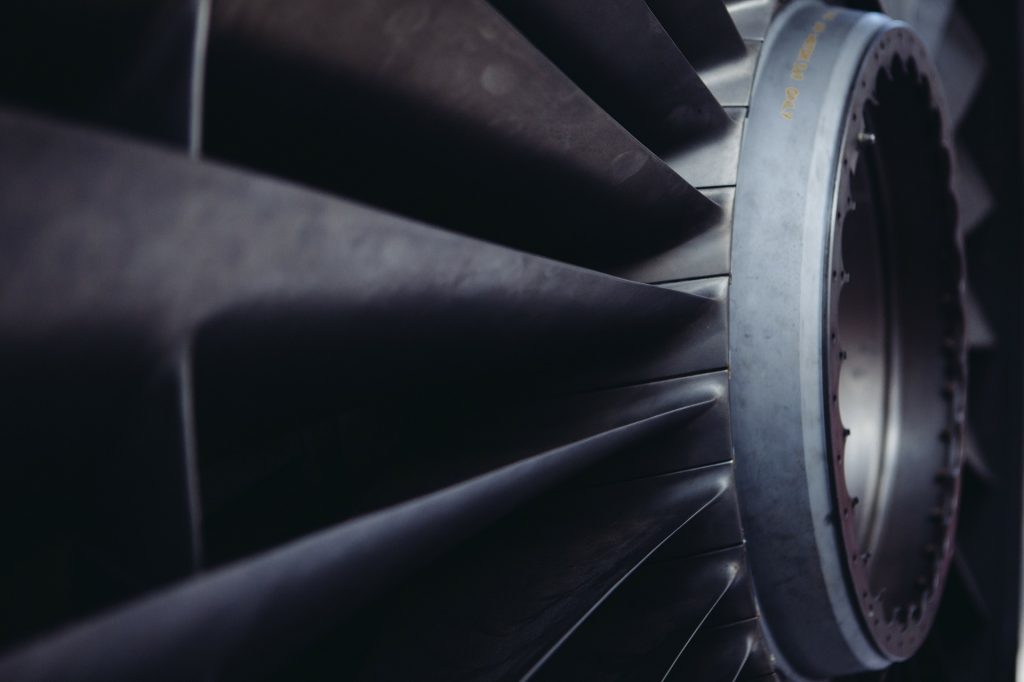
If there’s no air coming out of the air conditioner, the fan in the outside unit is probably not working. And if the fan is not working, the air conditioner will not cool properly.
Comparatively to the other types of problems listed above, this is easier to solve. It probably means that the breaker is tripped and needs to be reset. If resetting it doesn’t work, try spinning the fan blades clockwise. If they spin freely, you may need to replace the capacitor. Other potential causes may be the blower belt or wiring.
A problem with the fan can also result in the air conditioner not turning off at all. If the air conditioner runs continuously, try turning off the thermostat fan to stop it. You can also get a technician to check the refrigerant and relay switches.
Sensor
A thermostat sensor measures the temperature of the air in the room and works in sync with all other mechanical parts to ensure that the air conditioner works at its optimum best. If the sensor begins to fail or is knocked out of position, the air conditioner could cycle constantly or behave erratically. It will cycle on and off, leaving little time between each of its activation periods and make the room go from cool to warm very quickly.
If the AC system continues this way, many of its critical components may break down. Look behind the control panel and adjust the sensor’s position so it’s near the coil but not touching it. Try bending the wire carefully to hold it in place.

